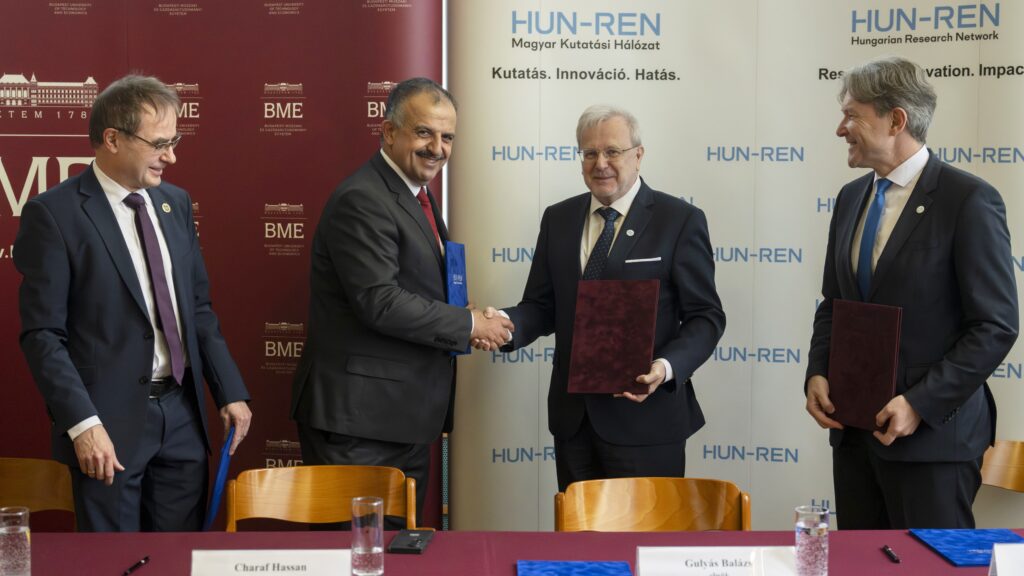Hungary’s minimum wage is expected to rise by double digits in 2025, but the likelihood of a 13 per cent increase remains slim, Economy Minister Márton Nagy said on Monday at the Joint Venture Association’s 14th Macro Conference in Budapest.
He recalled that under the existing three-year wage agreement, the minimum wage rose by 9 per cent this January, with further increases of 13 per cent in 2026 and 14 per cent in 2027 originally planned. However, changing macroeconomic conditions have shifted the outlook, prompting new debates over the final rate of adjustment.
According to Nagy, trade unions are likely to push for a 12–13 per cent rise, while employers will counter with 9–10 per cent. The government could play a mediating role, but this depends on how far apart the two sides remain.
The minister pointed out that in the past 15 years the government reduced the social contribution tax from 28 to 13 per cent. Employers are now asking for a further cut to 12 per cent, though such a step would cost the budget around 200 billion forints annually. While painful for public finances, Nagy did not rule it out if it helps secure a double-digit wage rise.
He also noted that the guaranteed minimum wage must be renegotiated, typically set two percentage points below the minimum wage. He expects an agreement to be finalized in early to mid-November, following the release of third-quarter GDP data at the end of October.
Wages, Nagy stressed, are not only crucial for household income but also for driving productivity. Hungary’s productivity remains below the EU average, and while growth could once rely on extensive expansion, future progress must come from greater efficiency. Automation and digitalization will play a central role in this transformation, he said.
With a tight labour market, rising wages will inevitably push productivity higher, Nagy argued. Companies should not fear wage increases but focus instead on innovation, automation, digital solutions, and scaling up to improve competitiveness.
To support businesses, the government will provide financial tools for working capital and investment, as part of a new industrial and employment protection action plan aimed at offsetting the effects of global trade conflicts. The plan will rest on four pillars: improving access to finance, reducing taxes, easing administrative burdens in trade, and promoting the use of artificial intelligence.
The minister also highlighted challenges in the energy market. While households benefit from favourable prices, companies continue to face high electricity costs. Although Hungary’s solar capacity has expanded rapidly, storage remains lacking. He confirmed that the government is preparing a programme to address this gap.
Related articles:







